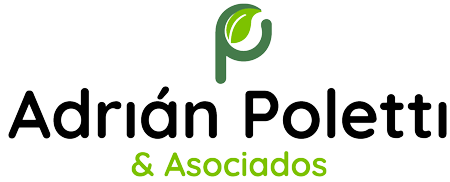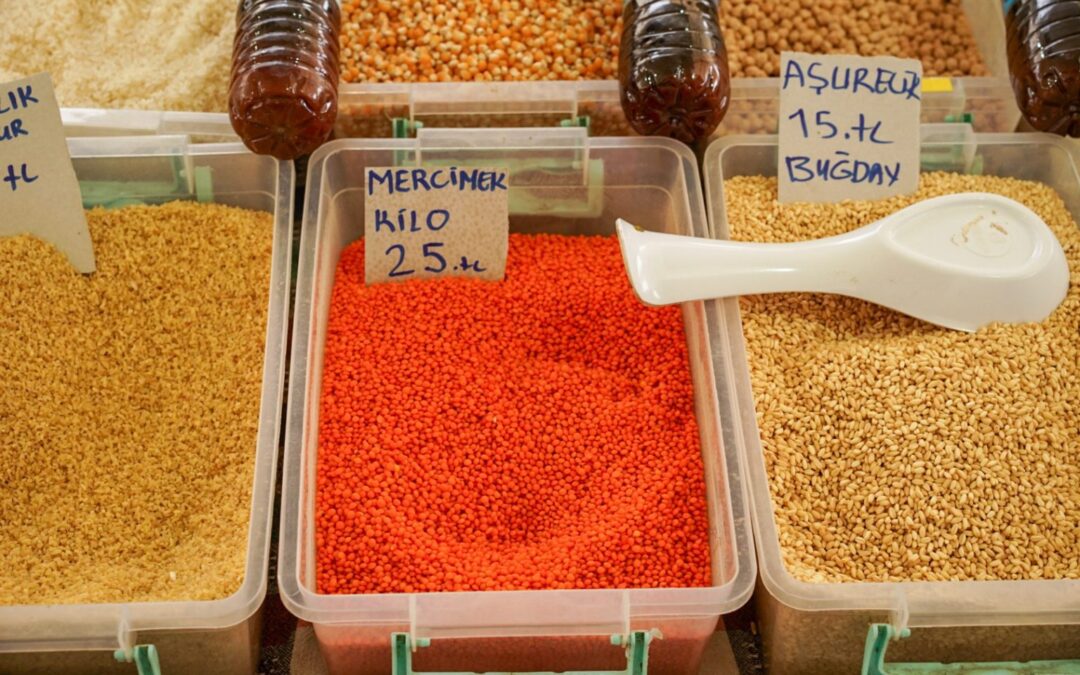By Sean Pratt
Turkey’s big lentil crop and growing financial woes are going to hurt shipments to Canada’s top market, says a Turkish processor of the crop.
Growers in that country planted more acres than last year, and yields appear to be about 25 percent higher, said Tuba Memis, general manager of Memisoglu Tarim-TAT, one of the largest food companies in Turkey.
There are also ample stocks of imported product. Memis said an exemption on the 20 percent lentil import duty expires on June 30.
“All lentil importers in Turkey bought their needs a few months in advance and stocked up,” she said in an email.
“So, there is enough stock in Turkey right now.”
And there is slumping demand in Turkey’s re-export markets.
Turkey imported 675,000 tonnes of red lentils last season. She believes the amount of imports will fall this year for the reasons noted above in addition to some fiscal policy concerns.
Turkey’s central bank raised the country’s prime lending rate to 15 percent on June 22, a near doubling from the old rate of 8.5 percent.
“The (monetary policy) committee decided to begin the monetary tightening process in order to establish the disinflation course as soon as possible, to anchor inflation expectations and to control the deterioration in pricing behavior,” the bank said in a news release.
Analysts were expecting an even bigger hike to 20 percent and that still may be in the cards.
“Monetary tightening will be further strengthened as much as needed in a timely and gradual manner until a significant improvement in the inflation outlook is achieved,” said the bank.
It was the central bank’s first interest rate hike since March 2021.
The goal is to temper rampant inflation in the country. Inflation was running at 40 percent in May but had been as high is 80 percent in late 2022, according to a CNBC news article.
The government has set a medium-term target of five percent inflation.
The CNBC article stated that recently re-elected President Recep Tayyip Erdogan is a self-declared “enemy” of high interest rates, calling them “the mother of all evil.”
Erdogan had instead been promoting a strategy of low interest rates, but that resulted in a plummeting Turkish lira that lost 80 percent of its value against the American dollar in the last five years and recently set a record low.
“Turkey has found itself precariously low on foreign currency reserves as it sold billions of dollars in foreign exchange to prop up the lira,” said the CNBC story.
Erdogan is onboard with his finance minister’s plan of raising interest rates, but analysts wonder if he will quickly change his tune if there is a negative reaction from the public.
Memis said the higher interest rates increase the cost of importing commodities, which will reduce the demand for Canadian lentils.
Turkey is by far the biggest bulk buyer of Canadian lentils.
It purchased 431,5000 tonnes through the first nine months of the 2022-23 marketing campaign, or 40 percent of all the bulk lentils sold during that period.
Stat Publishing said Turkey’s soaring prime lending rate is making Canadian sellers nervous.
“Exporters are uncertain about the impact this may have on future demand for pulses and the capacity of resellers and importers to finance purchases,” Stat said in a June 23 article.
They also worry about the slumping lira.
“Some market participants have noted some trade partners in Turkey have complained about the impact weakness of their currency has on their ability to pay,” said Stat.
Memis said the lira has lost 60 percent of its value compared to June 2022.
“This increases domestic costs considerably,” she said.
Processors are paying Turkish farmers US$650 per tonne for their red lentils.
“We prefer Turkish lentils in terms of quality over Canadian lentils,” she said.
“In other words, in order to buy Canadian lentils, it should be cheaper than Turkish lentils.”
Source: The Western Producer

